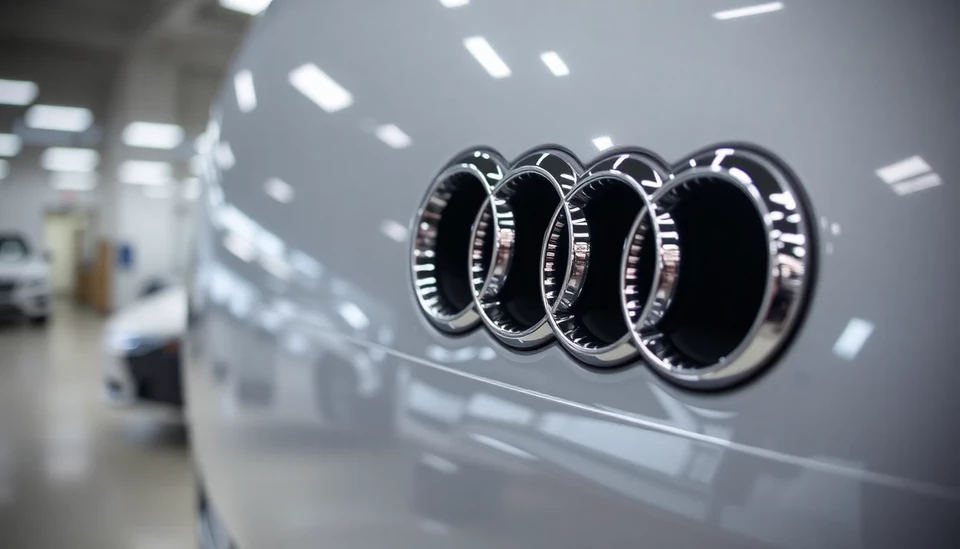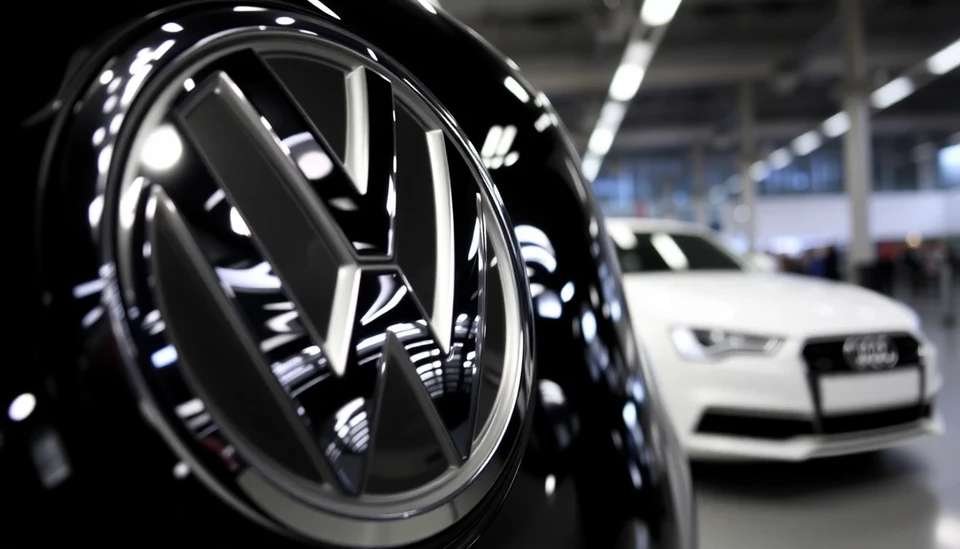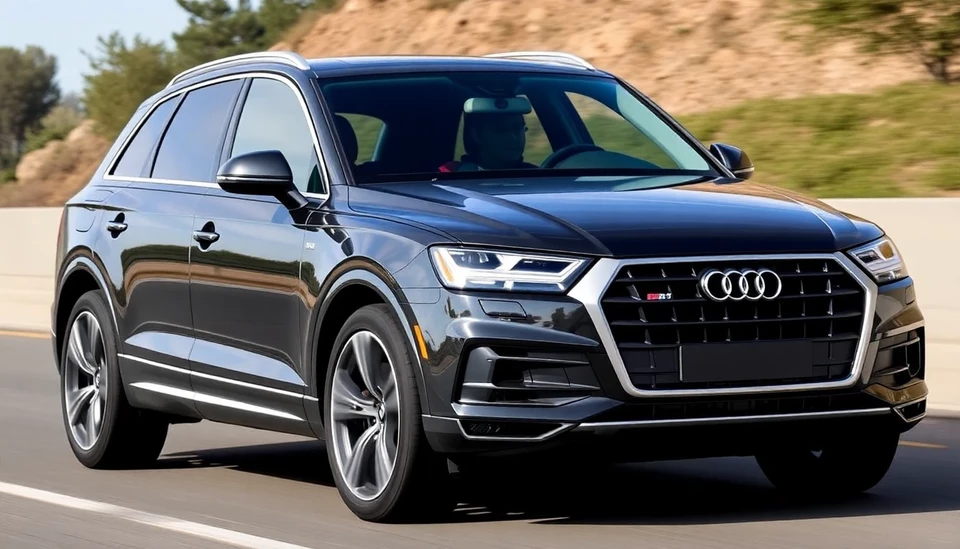
In an unexpected move that underscores its commitment to the future of electric mobility, Audi has officially rejected multiple offers for its troubled electric vehicle (EV) production facility located in Brussels. This decision comes at a time when many automotive manufacturers are re-evaluating their production strategies amidst a rapidly changing landscape of electric vehicle demand and rising costs.
The Brussels plant, which has struggled to maintain production levels while adapting to the shifting demands of the EV market, has been a focal point of speculation among industry analysts and competitors alike. Audi's refusal to entertain offers highlights the company’s dedication to transforming the site into a leading hub for electric vehicle manufacturing, despite the challenges it faces.
Industry insiders noted that the decision to hold onto the Brussels plant aligns with Audi's broader ambitions to enhance its EV output. The company has recently invested heavily in electrification initiatives, aiming to increase its share in the EV market, which is rapidly gathering momentum worldwide. However, the production hurdles faced by the Brussels facility have raised concerns about the viability of this strategy.
Sources within the company indicated that Audi is focusing on improving operational efficiency and increasing investments in the Brussels plant rather than divesting. This decision reflects a strategic approach aimed at addressing the operational difficulties that have plagued the facility, including supply chain challenges and the need for advanced manufacturing technologies.
The environment for electric vehicle manufacturing is increasingly competitive, with numerous automakers vying for dominance in a market projected to grow exponentially in the coming years. Audi’s decision to not sell the Brussels plant could be interpreted as a sign of confidence in its long-term EV strategy—a strategy that includes the development of innovative electric models and an expanded lineup of battery-electric vehicles.
As part of its commitment to sustainability and reducing carbon footprints, Audi is not just focused on sales; it is also channeling resources into creating a greener manufacturing process. The company anticipates that the investment in the Brussels facility will enhance its ability to produce vehicles that meet stringent environmental standards, ultimately catering to an increasingly eco-conscious consumer base.
Looking ahead, Audi’s perseverance in maintaining its Brussels facility may play a crucial role in shaping its future as a leading player in the electric vehicle sector. With significant resources at stake, the company appears poised to weather the storms of change and position itself favorably for the challenges and opportunities that lie ahead in the evolving automotive landscape.
#Audi #ElectricVehicles #BrusselsFactory #EVMarket #Sustainability #AutomotiveIndustry
Author: John Harris




